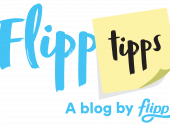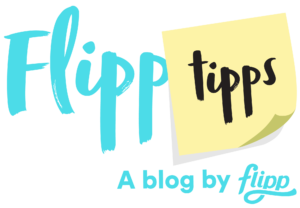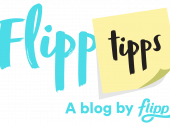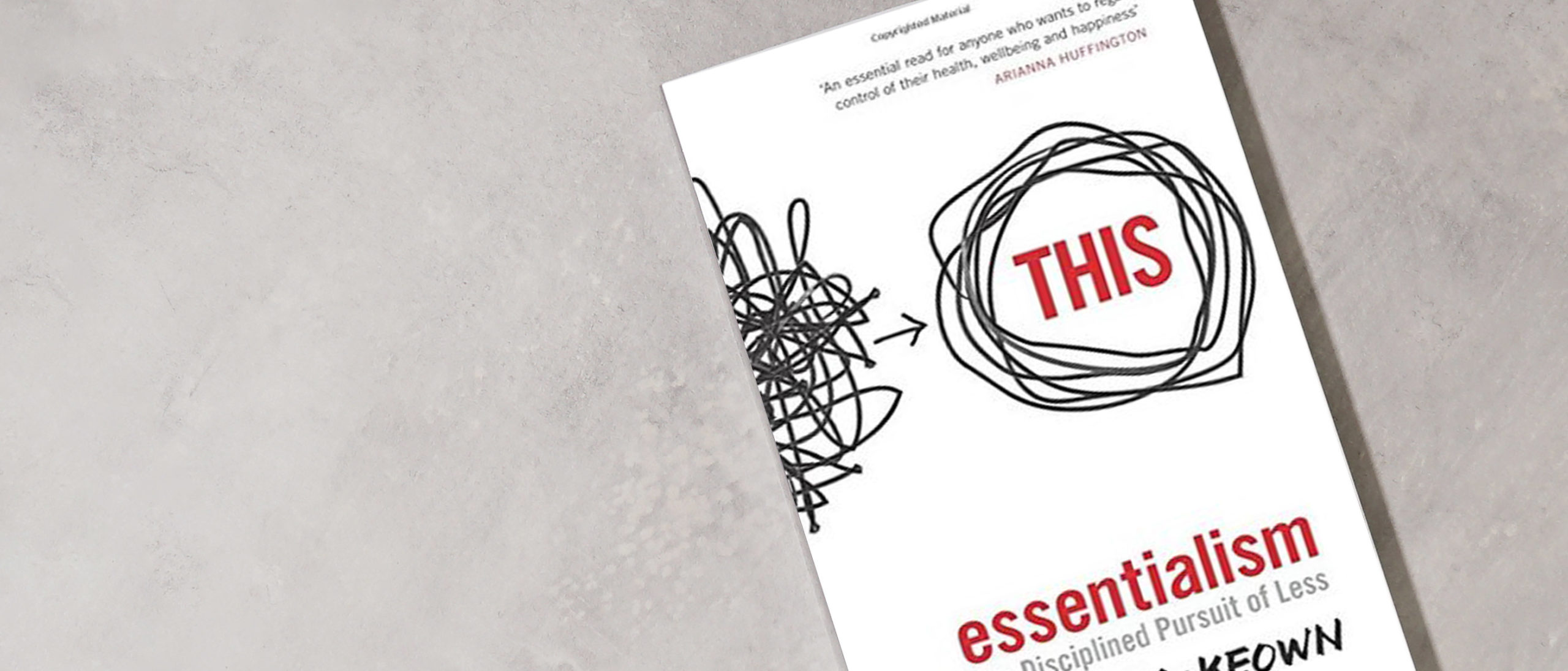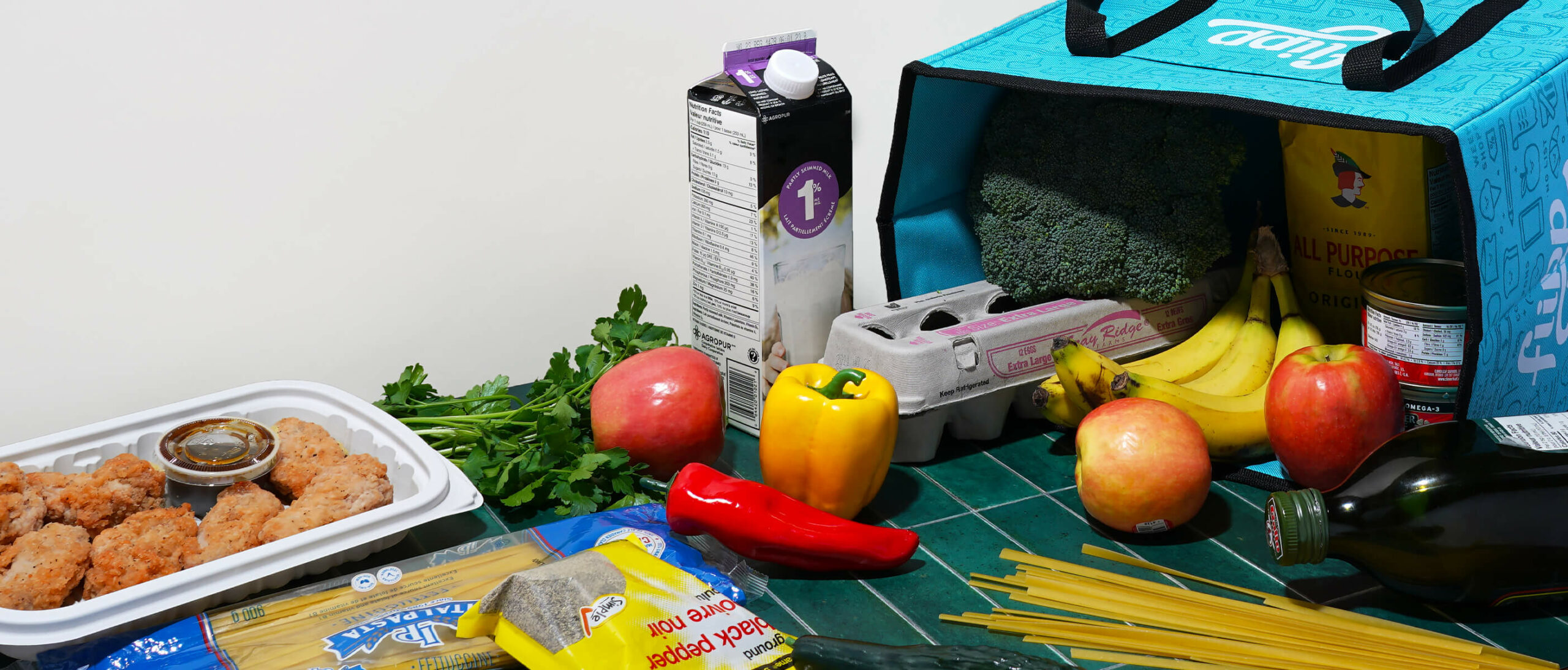You may have heard of minimalism before, but have you heard of the subcategory essentialism? The New York Times bestselling book Essentialism by Greg McKeown outlines how we can all use the concept of essentialism to focus on what is essential and eliminate everything else that is not. It is more than a time management and productivity technique… it is a mindset…and acting like an essentialist will also help save you money!
A lot of what is taught in this book can also be applied to budgeting to ensure that you are spending your dollars on what matters most. Sam Crisp, Learning & Growth Lead at Flipp, practices essentialism in her day-to-day life and has shared three tips from the book that can be utilized for saving money.
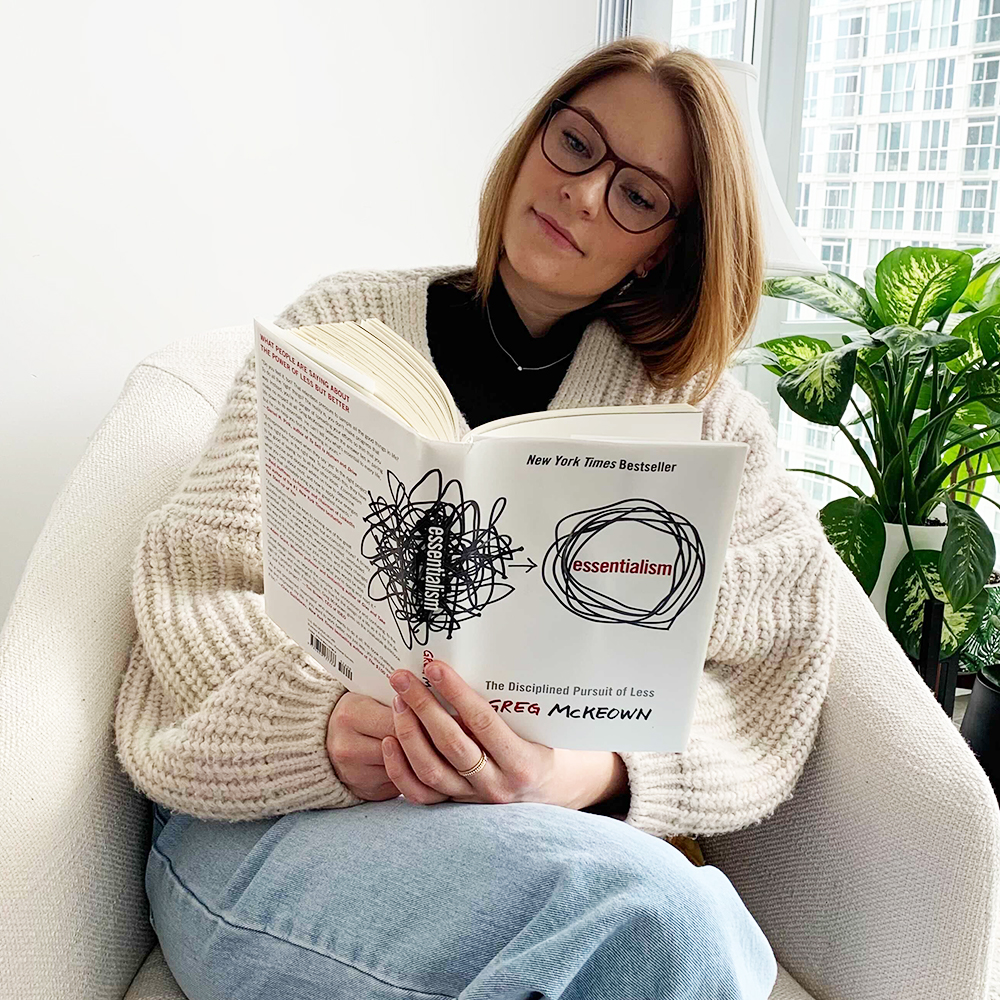
Tip #1 : Pause before saying “yes” (to a purchase)
How many times have you bought something in the spur of the moment and regretted it shortly after? The ability to shop from anywhere has made spending money easier than ever before, while making it harder to realize how much we’re spending.
An essentialist would approach a purchasing decision like so:
- Pause before you say “yes” to making that purchase.
- First, check if it’s within your budget.
- Explain and evaluate how this could affect some of your other financial commitments or obligations for that month. What are the trade-offs of making this purchase?
- If it’s not a clear “yes,” it’s a clear “no.”
This quote from the book will help you to get into the mindset of thinking more critically about your purchases. By remembering how hard you worked to earn that money (how many hours, days etc.), it will help you to value your money more and make the right purchasing decisions.
“…when I looked at something I wanted to buy I would translate it into the number of days I would have to deliver the papers to get it.”
Tip #2: Prioritize the things that will have the most impact
This tip is all about prioritization. You might feel that everything is a priority, but an essentialist will be well-versed at identifying a few key things that matter. This principle not only applies to prioritizing what to buy, but also what to save on.
If you’re looking for ways to save, focus on the things that will drive the highest impact. For example, buying something just because it’s on sale will save you money, but that won’t do you any good if you weren’t planning on buying the product in the first place. Focus on sale items that are already on your weekly shopping list to increase the impact of those sales. Shaving dollars off your weekly essentials will definitely have a huge impact in the long run, and if you use the Flipp app, you’ll reduce the amount of effort in finding those deals. For items that you’re not in a rush to buy, Flipp’s Watch List feature lets you watch prices over time so that you can get the absolute best deal.
Tip #3: Set boundaries and utilize the “graceful no”
The book highlights the importance of setting boundaries in order to take back control of your life. It is very easy to get stuck in a people pleasing mindset where you feel like you have to yes to everything and anything. As you can imagine, being a people pleaser will not help you stay within your budget or reach your financial goals.
We’ve all been there before…you get invited out to another fancy restaurant with your friends, knowing that you will be spending way more on your dinner than you would like to, but you feel too guilty to decline the invite.
This is where utilizing the “graceful no” will come in handy. Here is what you will want to consider next time you are saying no to something and setting boundaries with the people in your life:
- A clear no is better than a non-committal yes. It’s always better to decline right away than to bail at the last minute.
- Negotiate and compromise. If something is out of your budget suggest a more affordable alternative.
- Lastly, separate the decision from the relationship. You are not saying no to the person, you are saying no to whatever they are asking of you.
Just like an essentialist will eliminate non-essential distractions when working on a task, a budget helps create a boundary that you should stay within in order to achieve your financial goals. In other words, a budget = your boundaries. For tips on how to set a budget, check out this great article from The Financial Diet.
Switching to an essentialist’s mindset in order to meet your financial goals will take time, but what’s most important is that you start small with these simple tips — pause before saying “yes,” prioritize, and set boundaries.
